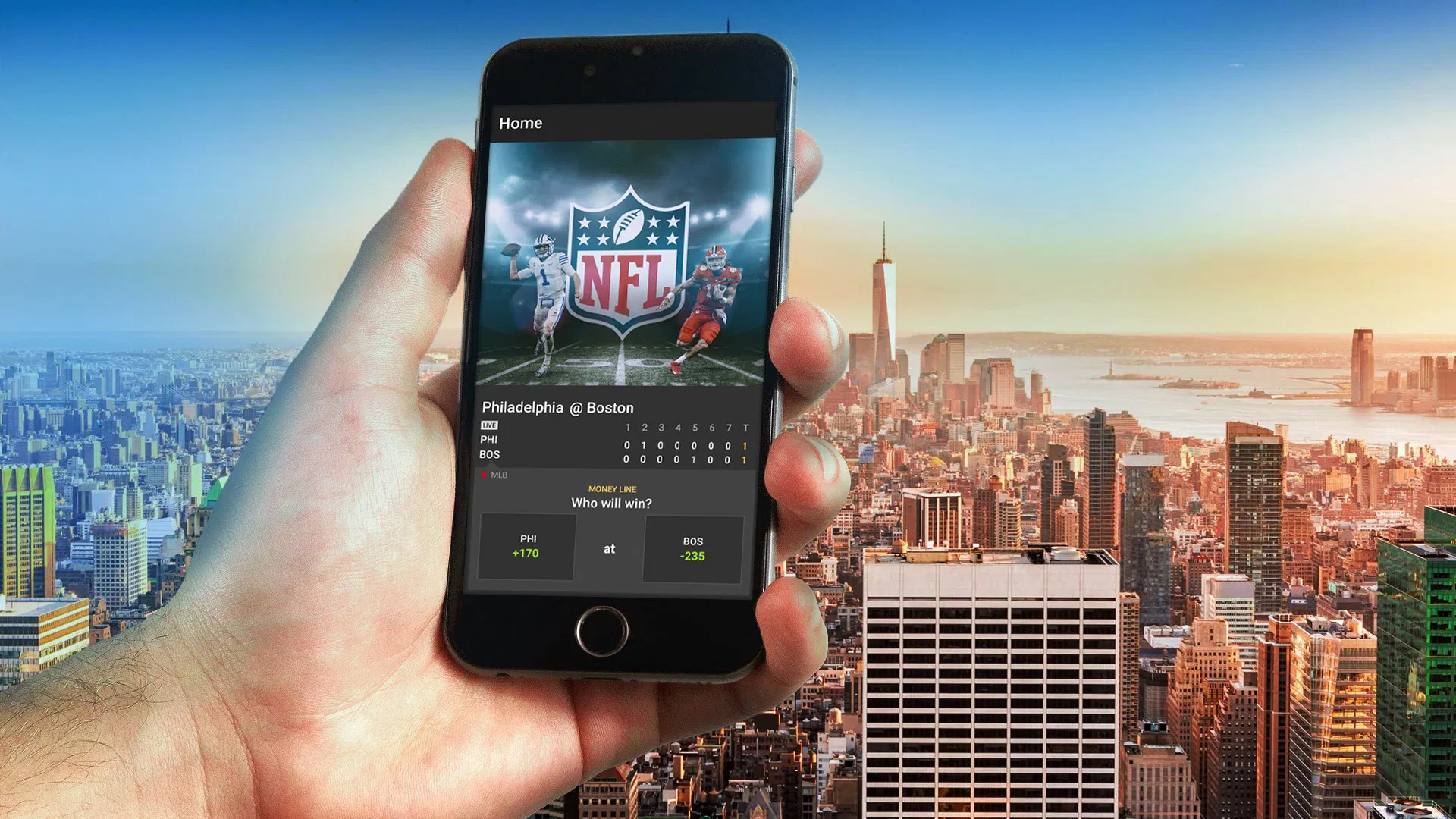Unlisted gambling sponsors seen in Premier League matches raise disclosure questions

Several Premier League clubs are entering sponsorship agreements that remain unlisted on official partner pages and club disclosures, raising transparency questions as the league prepares for a ban on front-of-shirt gambling advertising next season, according to The Guardian.
Clubs such as Aston Villa and Chelsea list some Asian betting partners publicly but omit others that appear on LED perimeter boards during home matches.
Aston Villa previously announced Nova88 as its “Official Asian Betting Partner” in a pre-season statement. The company positions itself as “the best online casino in Malaysia” and claims licensing from Tobique, a Canadian First Nation reservation. Nova88 does not appear in Aston Villa’s partner section on its website. Chelsea discloses a relationship with 8Xbet online, but its separate deal with Kaiyun is only visible on the club’s website when accessed from selected Asian locations.
Hidden deals connected to Asian-facing betting brands
This pattern of selective disclosure is present at several clubs. The Guardian reported that Sunderland, Leeds, Nottingham Forest, and Chelsea have displayed advertisements for 8Xbet on stadium perimeter boards during home games this season, with only Chelsea acknowledging the partnership publicly. These arrangements are separate from the existing main shirt sponsors.
Burnley (96.com), Sunderland (W88), Wolves (DeBet), Fulham (SBOTOP), and Crystal Palace (Net88) have also continued sponsorship agreements with Asian-facing betting operators for the current campaign. These firms are not licensed in the UK but remain visible through commercial exposure during matches. These agreements are expected to conclude within nine months when the sponsorship ban begins.
Revenue pressure behind new deal structures
The developments follow concerns from clubs over the financial impact of the upcoming sponsorship restrictions. Eleven Premier League clubs will lose betting brands as principal front-of-shirt sponsors next season.
During a House of Lords debate in November on the football governance bill, West Ham vice-chair Karren Brady stated, “the typical difference between gambling and non-gambling shirt sponsorships is around 40%,” adding, “For some Premier League clubs, this decision [to ban front-of-shirt gambling advertising] will mean a reduction of around 20% of their total commercial revenues.”
The incoming rule does not restrict shirt-sleeve advertising or LED board sponsorships, creating what some clubs view as alternative inventory for gambling partnerships.
Regulatory shift enables new sponsorship pathways
Until recently, UK-facing promotion by offshore betting companies relied on “white label” firms licensed by the Great Britain Gambling Commission (GBGC). One of the largest intermediaries, Isle of Man-based TGP Europe, withdrew from the British market after receiving a £3.3 million penalty from the GBGC in May for anti-money laundering failings. Other white label providers also left the market.
However, GBGC issued new guidance in May to Bournemouth, Fulham, Wolves, Newcastle, and then-Championship club Burnley, stating that clubs may work with unlicensed betting partners if they ensure operators do not accept bets from UK customers, do not transact in sterling, and use geo-blocking to restrict UK access.
In its letter, the GBGC added a caution: “We would advise that any organisation engaging in sponsorship from brands that do not hold a commission licence manage their exposure to risk. This includes satisfying themselves as to the source of the funds for the arrangement.”
Ownership transparency remains limited for many Asian-facing betting operators. Their ultimate beneficiaries have not been identified by clubs, regulators, or law enforcement agencies since many of these brands entered the market in the 2000s and 2010s. Previous reports from the United Nations Office on Drugs and Crime and the Asian Racing Federation linked some unregulated Asian online betting platforms to scamming operations, human trafficking and cyber slavery.
Similar sponsorship strategies are present in Spain, where La Liga banned sports betting advertising after the 2020–21 season. Clubs, including Real Madrid (partnered with Kaiyun) and Atlético Madrid (associated with Leyu and K8), continue offshore betting partnerships that are not disclosed to domestic audiences.
















